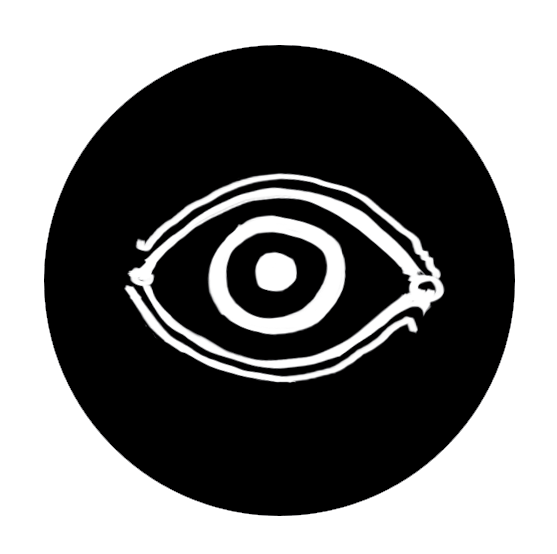The Web Democracy Issue
The Emerging 3.0
Online activity is ever-increasingly ingrained in all of our actions, but education on the issues implicit in such a shift is often met with indifference or ignorance.
When it comes to the question of how secure our data is, especially the technical details of such an inquiry, the knowhow has been mostly shared only between a small minority of people.
But while this has so far been a largely insular community, there are activists who want to make these tools more widely available, so that the average user can be armed with resources to protect their privacy.
A public who are illiterate and oblivious to the issues at hand in the evolving web are unable to legitimately grant their consent.
That’s why our annual Media Democracy insert is a little different this time around: a democratic web can only be achieved with an enlightened and empowered public, and vice versa. Our goal here is simply to address some of the biggest current debates on privacy, security and surveillance on the web, and to provide the resources, and hopefully the inspiration, for you to do further digging.
Technology is the medium in which the economy interacts with our world, and with technology moving so fast, the stability of both is thrown into question. What needs to be considered is not only what that means for you, but also what it means for whistleblowers and those who fight for the freedom of information.
We don’t feel a Big Brother-type presence limiting our actions, since we can move freely while under surveillance. But it’s affecting your online experience whether you notice or not, and it’s turning some of your most intimate details into commodities.
There’s a whole lot going on behind the silicon curtain. And, in the spirit of the web, that information needs to be shared.
–Special Issue Coordinators Corey Pool & Colin Harris




